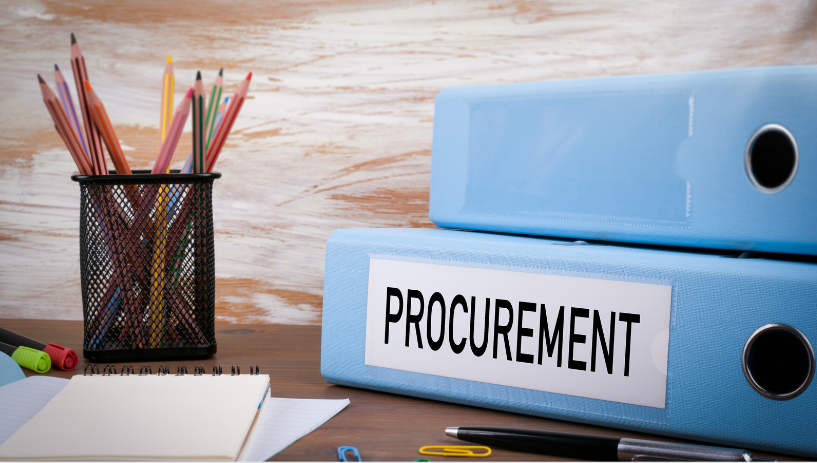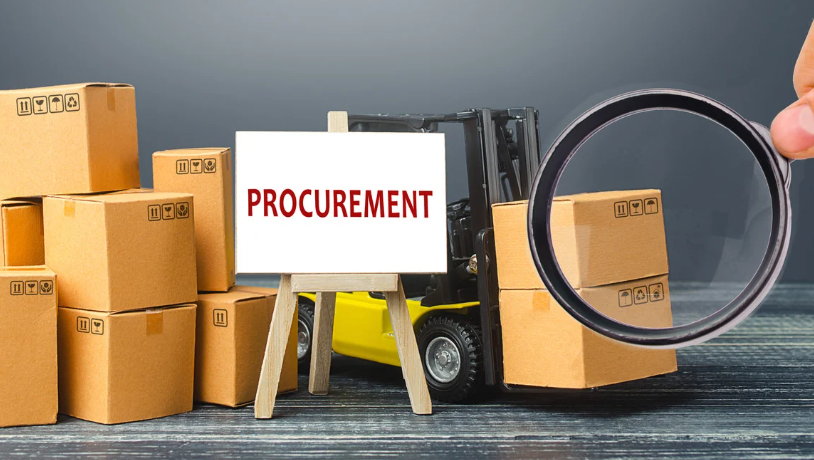Navigating the complex landscape of procurement risk management is crucial for businesses aiming to safeguard their operations and bottom line. As a seasoned expert in the field, I understand the significance of identifying, assessing, and mitigating risks throughout the procurement process. From supply chain disruptions to fluctuating market conditions, staying ahead of potential challenges is key to ensuring continuity and success.
I’ll delve into the essential strategies and best practices that companies can implement to proactively manage procurement risks. By taking a proactive approach and leveraging effective risk management techniques, organizations can enhance their resilience and adaptability in the face of uncertainties.
Procurement Risk Management
 In procurement, managing risks is paramount to safeguarding business operations and financial stability. As an expert in the field, I stress the criticality of identifying, assessing, and mitigating risks throughout the procurement process. This proactive approach is essential for companies to fortify their resilience and adaptability in the face of uncertainties.
In procurement, managing risks is paramount to safeguarding business operations and financial stability. As an expert in the field, I stress the criticality of identifying, assessing, and mitigating risks throughout the procurement process. This proactive approach is essential for companies to fortify their resilience and adaptability in the face of uncertainties.
Effective procurement risk management involves anticipating and addressing potential threats that could impact the supply chain, vendor relationships, and overall business performance. By systematically evaluating risks and implementing mitigation strategies, organizations can minimize disruptions, optimize costs, and maintain operational efficiency.
Key strategies for successful procurement risk management include:
- Conducting comprehensive risk assessments to identify potential vulnerabilities and exposures.
- Establishing robust supplier relationships built on trust, transparency, and collaboration.
- Diversifying the vendor base to reduce dependency on a single source and mitigate supply chain disruptions.
- Implementing contingency plans to address unforeseen events such as natural disasters, supplier bankruptcies, or geopolitical changes.
- Monitoring market trends, regulatory developments, and economic shifts to proactively manage risks.
By embracing a holistic approach to procurement risk management, companies can enhance their competitive advantage, drive sustainable growth, and foster long-term success. Join me in delving deeper into the dynamic realm of procurement risk management to optimize your procurement strategies and elevate your business performance.
Key Risks in Procurement
When managing procurement processes, there are various risks that organizations need to consider to ensure smooth operations and financial health. Here, I’ll delve into the key risks in procurement that businesses should be wary of to mitigate potential challenges effectively.
Operational Risks
 In procurement, operational risks refer to the uncertainties and disruptions that can impact the efficiency and effectiveness of the procurement process. These risks can include supplier failures, delays in deliveries, quality issues with products or services, and lack of contingency plans. By proactively identifying and addressing operational risks, organizations can enhance their procurement resilience and maintain operational continuity.
In procurement, operational risks refer to the uncertainties and disruptions that can impact the efficiency and effectiveness of the procurement process. These risks can include supplier failures, delays in deliveries, quality issues with products or services, and lack of contingency plans. By proactively identifying and addressing operational risks, organizations can enhance their procurement resilience and maintain operational continuity.
Financial risks in procurement encompass the potential monetary losses and budgetary challenges that procurement activities may entail. These risks can arise from fluctuating market prices, currency exchange rate variations, budget overruns, payment delays, and cost escalation. By closely monitoring financial risks and implementing strategies such as cost-saving measures, negotiation tactics, and financial forecasting, companies can safeguard their financial stability and optimize procurement expenditures.
Legal and Compliance Risks
Legal and compliance risks in procurement pertain to the potential violations of laws, regulations, and contractual obligations within the procurement process. These risks can stem from non-compliance with procurement policies, breach of supplier agreements, intellectual property issues, data privacy breaches, and lack of transparency in procurement transactions.
Strategies for Mitigating Risks in Procurement
Developing Robust Procurement Policies
 I advocate for developing robust procurement policies as a fundamental strategy for mitigating risks in procurement. It’s crucial to establish clear guidelines and procedures that govern the entire procurement process. By outlining specific criteria for supplier selection, contract negotiations, and performance evaluations, I ensure that all stakeholders understand their roles and responsibilities.
I advocate for developing robust procurement policies as a fundamental strategy for mitigating risks in procurement. It’s crucial to establish clear guidelines and procedures that govern the entire procurement process. By outlining specific criteria for supplier selection, contract negotiations, and performance evaluations, I ensure that all stakeholders understand their roles and responsibilities.
In my experience, implementing advanced risk management tools is essential for effectively mitigating risks in procurement. Utilizing innovative technologies such as data analytics, artificial intelligence, and predictive modeling can significantly enhance risk identification and mitigation efforts. These tools enable real-time monitoring of procurement activities, early detection of potential risks, and proactive decision-making to prevent disruptions.


